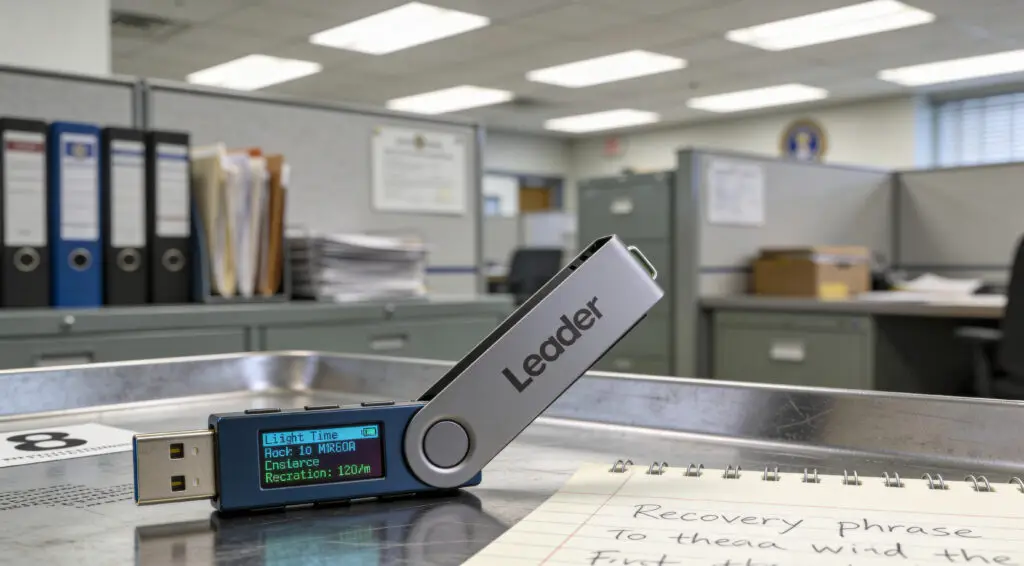In a breakthrough investigation blending law enforcement precision and blockchain technology, the Philippine National Police (PNP) successfully traced a $3.75 million crypto ransom with the help of Binance. The operation, which involved digital forensics and cross-border coordination, highlights how crypto platforms like Binance are becoming key allies in the global fight against digital financial crime.
The kidnapping-for-ransom case involved a sophisticated laundering scheme, with the ransom funnelled through junket operators, entities that organise gambling and travel packages for high-net-worth clients, before it landed in a tangle of cryptocurrency wallets. Thanks to the swift intervention by Binance’s Financial Intelligence Unit (FIU), investigators were able to untangle the flow of money and identify the wallets involved.
Ransom Laundered Through Gambling Junkets and Crypto Wallets
According to the PNP Anti-Cybercrime Group, the kidnappers initially passed the ransom through private junket operators, a practice that helped mask the origin of funds by routeing them through a complex monetary maze. The money was split into multiple smaller amounts and distributed across several wallets, a tactic often used to throw off authorities.
Despite the complexity of the laundering process, Binance stepped in quickly. Using its in-house blockchain analysis tools, the platform collaborated directly with Philippine police to trace suspicious wallet activity. Binance monitored incoming and outgoing transactions and identified wallet links in the chain of transfers.
Binance CEO Richard Teng confirmed the platform’s involvement in the case in a tweet on X, formerly Twitter, stating, “When crypto is misused, we step up.”
The assistance proved critical. Investigators credited Binance with significantly accelerating the identification of wallet patterns and recipients. “Without Binance’s data and tools, this investigation could have dragged on or even gone cold,” said a representative from the PNP’s cybercrime unit.
Offshore Gambling Networks Surface in Crypto Trail
As authorities followed the digital paper trail, the investigation revealed wallet connections to offshore gambling operations, suggesting that the crime extended beyond Philippine borders. This development raised suspicions of involvement by international criminal syndicates that may be using similar techniques to launder money in other parts of the world.
The linkage between crypto wallets and gambling outfits, especially those operating offshore, has long been flagged as a money-laundering risk. In this case, the wallet connections offer leads that could trigger further investigations across multiple jurisdictions.
Binance’s Expanding Role in Crypto Crime Investigations
This isn’t Binance’s first time working with authorities on high-profile cases. In a growing list of international collaborations, the exchange has assisted in cracking cybercrime operations across South-east Asia and beyond.
One such case was Thailand’s “Operation Fox Hunt,” in which Binance helped track down a $6 million fraud ring. In another, the platform worked with Malaysian authorities to recover $1.6 million in ransom for a cross-border kidnapping victim. These efforts, combined with its involvement in the Philippines case, underscore Binance’s evolving role as a digital watchdog in the crypto space.
The company’s blockchain monitoring tools are proving to be powerful assets for law enforcement. By providing real-time data on wallet activity, Binance helps investigators trace illicit financial flows that would otherwise remain hidden in the decentralised web of cryptocurrency.
Public-Private Partnerships Strengthen Crypto Security
The Philippine case showcases what’s possible when government agencies and private tech firms work together. In a world where digital crimes increasingly cross borders and exploit emerging technologies, public-private partnerships are becoming not just useful but essential.
“This case demonstrates that collaboration with industry leaders like Binance is vital in today’s digital landscape,” said a PNP official. “It’s how we stay ahead of criminals who use technology to hide their tracks.”
As crypto adoption expands globally, so too does its misuse by bad actors. But with platforms like Binance stepping up and authorities embracing collaboration, there is growing hope that even the most complex crypto crimes can be unravelled. The Philippine kidnapping case may just be the latest proof that the blockchain, once considered a haven for anonymity, can also be a powerful tool for justice.















